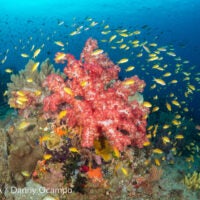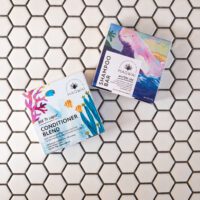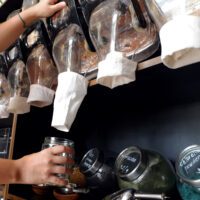Single-Use Plastics
Ban Single-Use Plastics
SHARE TO SHOW YOUR SUPPORT:
Overview
The Philippines is at the center of the world’s struggle against ocean plastic pollution. Its weak waste management system is dealing with the staggering amount of plastic waste produced daily– sachets, plastic bags, labo, bags, and diapers, among others.
Do we have laws to stop plastic pollution? Yes. Republic Act 9003, the Ecological Solid Waste Management Act of 2002 sets guidelines and targets for solid waste avoidance and volume reduction through source reduction and waste minimization measures in accordance with ecologically sustainable development principles.
The law also prohibits and penalizes the use of non-environmentally acceptable products and packaging. Its Implementing Rules and Regulations define these as items that are “unsafe in production, use, post-consumer use, or that produce or release harmful by-products when discarded.” Section 29 of the law mandated the National Solid Waste Management Commission, after public notice and hearing, to prepare a list of non-environmentally acceptable products and packaging materials that shall be prohibited according to a schedule prepared by the Commission. This legal obligation is more than 20 years overdue as the Commission continues to fail to perform that mandate. Had it done so, it would have catalyzed a mindset shift towards sustainability by key stakeholders, including the industry. The local governments would not have been as overwhelmed as they are now, with tons of single use plastics they need to dispose and manage in their localities at a tremendous cost and damage to the environment including our oceans.
Oceana’s campaign is to stop single-use plastic pollution straight from the source.
We call on the government to fulfill its duty to ban single-use plastics as an environmentally hazardous product and for the NSWMC to carry out its clear legal obligation of releasing the list of environmentally unacceptable products and packaging.
Banning single-use plastics in the public sector by virtue of the National Solid Waste Management Commission Resolution No. 1363, plastic ordinances in local government units, ban on single-use plastics in protected areas and in schools are good initiatives to mitigate the impact of plastic pollution. But banning its production, distribution, use, disposal, and trade as mandated by Republic Act 9003 will tremendously benefit to the ocean, the people and wildlife. We need to apply the ultimate solution to the triple planetary crisis of plastic pollution, climate change, and the fisheries and biodiversity loss.
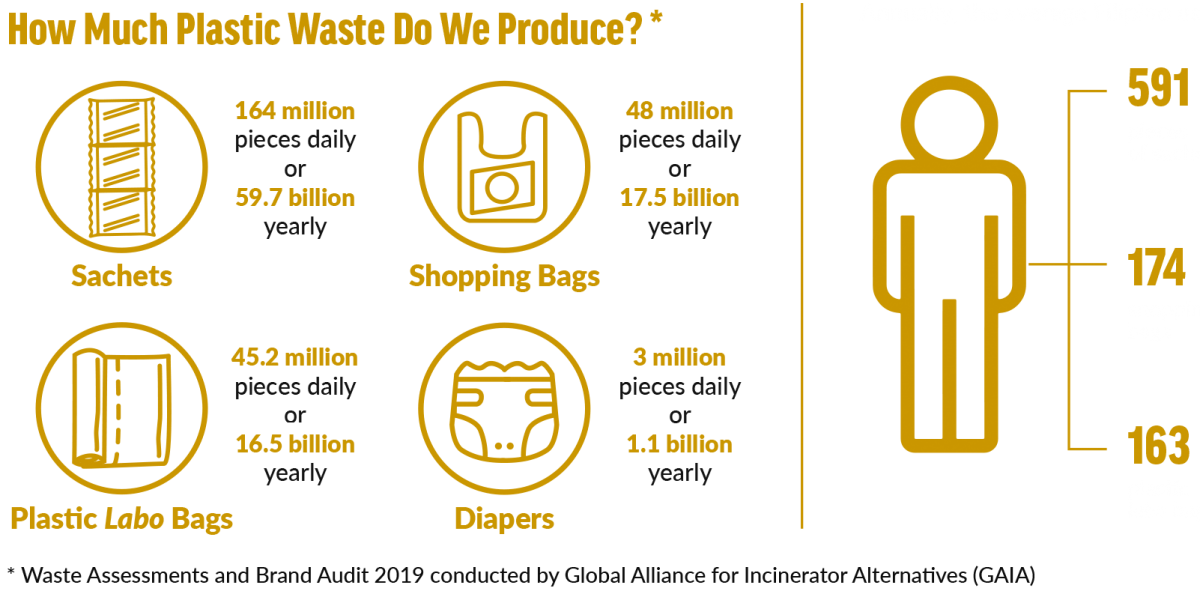
Oceana and civil society partner organizations recommend the top 10 unnecessary single-use plastics that should be banned in the Philippines, given the toxicity and hazards to health and environment:
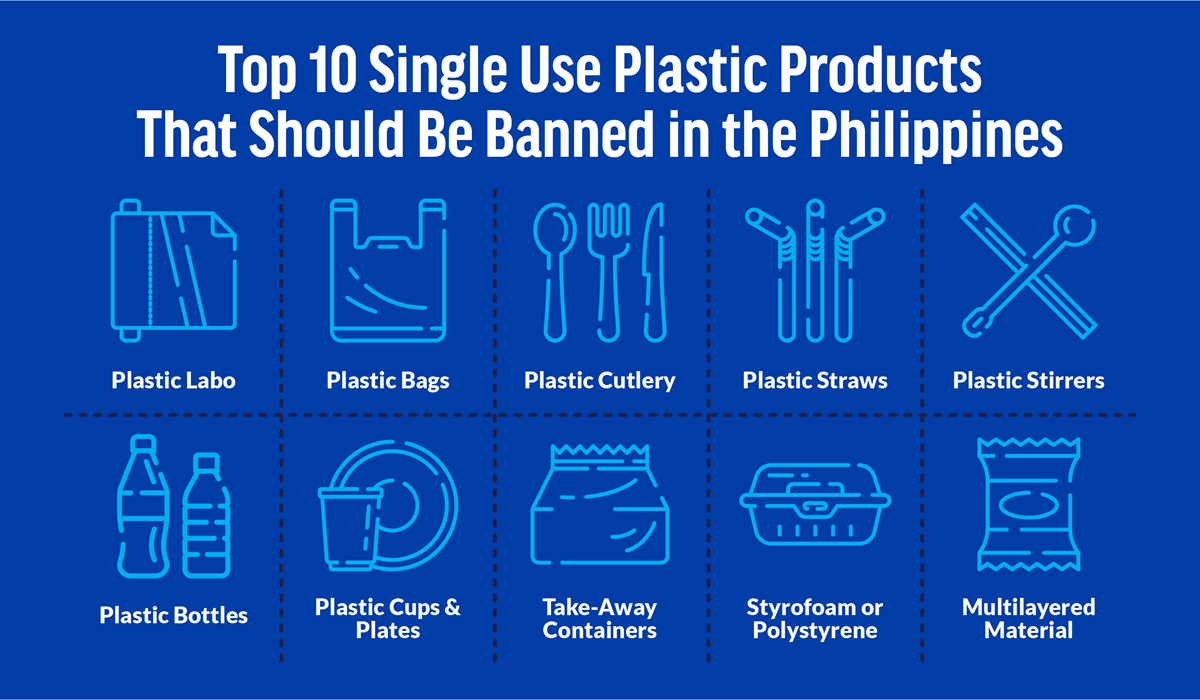
Resources
Plastic Free Ocean
Advocates Call
The Plastics Problem in the Philippines
News & Reports
Press Releases
Blog
